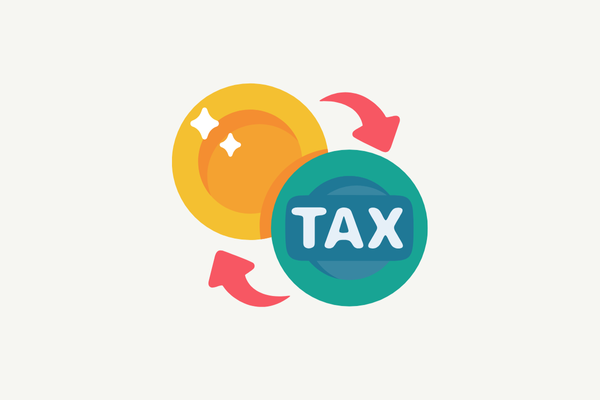
Filing Taxes as a Newlywed Entrepreneur… What’s the Smart Move?
Marriage changes a lot. Your routines, your priorities, and, of course, your finances. And now, as tax season rolls around, there’s one big question: Should you file jointly or separately?
Maybe you assume that filing separately will lower your tax bill. Or perhaps you’ve heard that joint filing is always the smarter choice. The truth? It depends.
The right filing status can mean the difference between a bigger refund or a bigger tax bill. Let’s break it down so you can make an informed decision and avoid leaving money on the table.
Why Married Filing Jointly Is (Usually) the Best Move
Most couples and especially entrepreneurs benefit from married filing jointly (MFJ) because:
✔ You’ll likely pay less in taxes. Joint filers typically fall into a lower tax bracket than those who file separately.
✔ You get a higher standard deduction. In 2024, the standard deduction for joint filers is $29,200—double what you’d get if you filed separately.
✔ You qualify for more tax credits, including:
- Child Tax Credit
- Earned Income Tax Credit (EITC)
- Education-related credits (like the American Opportunity Credit)
✔ It simplifies things. One return, fewer headaches. Enough said.
For most couples, joint filing is the easy win. But, as with anything tax-related, there are exceptions.
When Married Filing Separately Might Actually Be Better
There are a few scenarios where married filing separately (MFS) makes financial sense:
1. One of You Has High Student Loan Debt
If you’re on an income-driven repayment (IDR) plan, your loan payments are based on your income. Filing separately keeps those payments lower by excluding your spouse’s earnings.
2. One of You Has High Medical Expenses
You can only deduct medical expenses that exceed 7.5% of your adjusted gross income (AGI). Filing separately can make it easier to reach that threshold.
3. You Need to Keep Finances Completely Separate
Some couples prefer to keep their finances distinct especially if one has significant tax liabilities, legal issues, or past debts that could impact a joint return.
But here’s the tradeoff: Filing separately means you’ll likely pay more overall. You lose access to key tax credits, and you might get bumped into a higher tax bracket. Before making this move, it’s worth running the numbers with an Austin tax accountant who understands the details.
How Filing Status Affects Tax Brackets & Deductions
Your filing status determines how much of your income is taxed at each rate. Here’s a quick comparison for 2024:
Tax Rate | Married Filing Jointly | Married Filing Separately |
10% | Up to $23,200 | Up to $11,600 |
12% | $23,201 – $94,300 | $11,601 – $47,150 |
22% | $94,301 – $201,050 | $47,151 – $100,525 |
24% | $201,051 – $383,900 | $100,526 – $191,950 |
See the issue? Filing separately can push each spouse into a higher tax bracket much faster. That’s why, for most couples, it doesn’t make financial sense.
So, What’s the Right Choice for You?
There’s no universal answer. Your best filing status depends on your income, deductions, and long-term financial goals.
If you’re not sure, don’t guess. An experienced CPA in Austin, Texas can crunch the numbers and ensure you’re making the most tax-efficient choice.
The Right CPA Makes a Difference
Let’s be honest. Tax season is already complicated enough. Why add uncertainty to the mix? Instead of rolling the dice with TurboTax or making an educated guess, work with an Austin small business accountant who understands the unique tax needs of entrepreneurs.
At Insogna CPA, we go beyond basic tax prep. We create smart, strategic tax plans that keep more of your hard-earned money where it belongs: with you.
Let’s Make Tax Season Work for You
Not sure whether married filing jointly vs. separately is the right call? Let’s figure it out together. Schedule a consultation today with Insogna CPA, your trusted Austin tax advisor...





